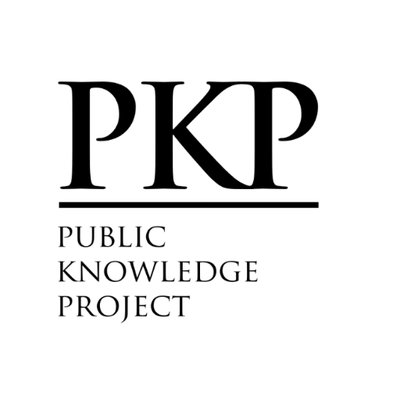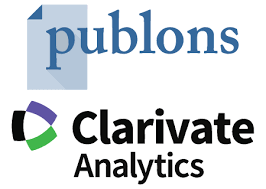Evaluation de l’impact de l’accès au microcrédit sur le bien être social des ménages bénéficiaires en Tunisie
DOI :
https://doi.org/10.59051/joaf.v10i1.310Mots-clés :
microfinanceRésumé
Cette étude est une contribution dans le domaine d’évaluation des effets de la microfinance sur le statut social de ses bénéficiaires. Dans cet article, nous avons choisi d’utiliser l’approche contrefactuelle qui consiste à comparer l’évolution de la situation des bénéficiaires de microcrédits par rapport à un groupe de contrôle (qui présente les mêmes caractéristiques initiales du groupe des bénéficiaires). Nous avons porté notre étude sur un échantillon de 300 personnes réparties d’une manière égale entre trois catégories d’enquêtés (les bénéficiaires de l’ONG ENDA, les bénéficiaires de l’association AKDI et le groupe témoin). Les résultats de notre étude empirique confirment les constatations antérieures sur les effets positifs de la microfinance sur le bien-être social des bénéficiaires. Ces effets sont recensés à travers l’augmentation des dépenses alimentaires, l’accès aux services de santé, l’éducation des enfants et l’amélioration des conditions de logement des ménages.
Téléchargements
Références
Téléchargements
Publié
Numéro
Rubrique
Licence
© Boudour BZEOUICH 2019

Cette œuvre est sous licence Creative Commons Attribution - Pas d'Utilisation Commerciale - Pas de Modification 4.0 International.
Les auteurs qui publient dans cette revue acceptent les termes suivants :
- Les auteurs conservent le droit d'auteur et accordent à la revue le droit de première publication, l'ouvrage étant alors disponible simultanément, sous la licence Licence d’attribution Creative Commons permettant à d'autres de partager l'ouvrage tout en en reconnaissant la paternité et la publication initiale dans cette revue.
- Les auteurs peuvent conclure des ententes contractuelles additionnelles et séparées pour la diffusion non exclusive de la version imprimée de l'ouvrage par la revue (par ex., le dépôt institutionnel ou la publication dans un livre), accompagné d'une mention reconnaissant sa publication initiale dans cette revue.
- Les auteurs ont le droit et sont encouragés à publier leur ouvrage en ligne (par ex., dans un dépôt institutionnel ou sur le site Web d'une institution) avant et pendant le processus de soumission, car cela peut mener à des échanges fructueux ainsi qu'à un nombre plus important, plus rapidement, de références à l’ouvrage publié (Voir The Effect of Open Access).






















